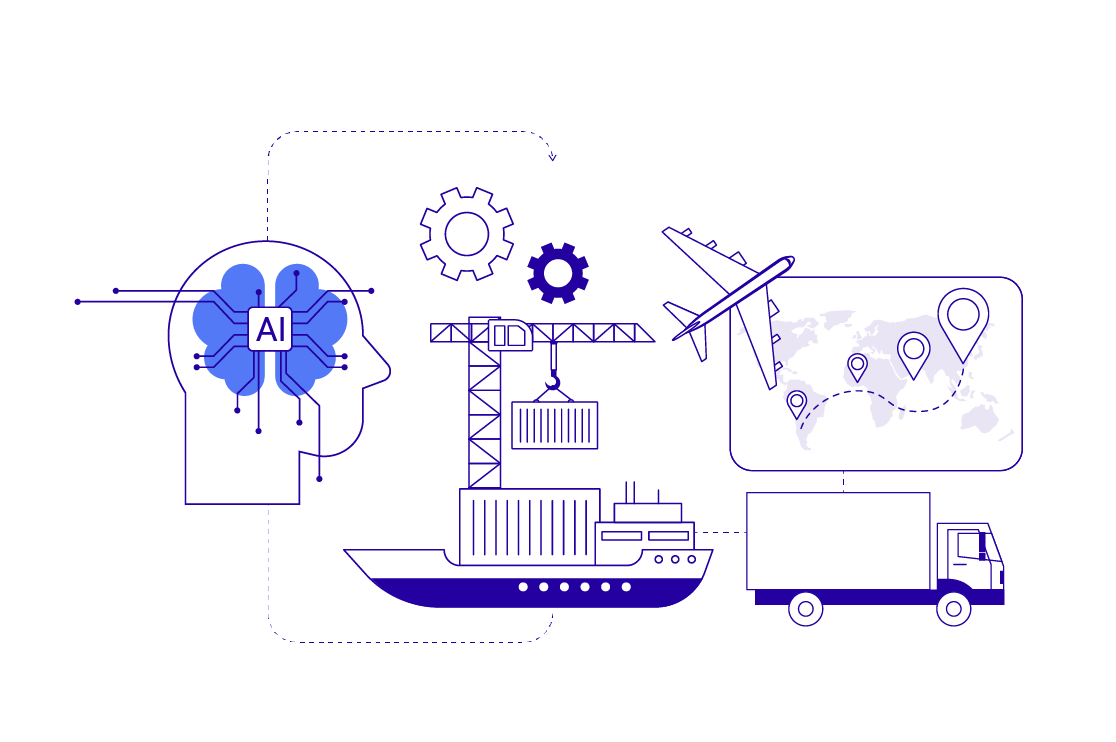In a world where data flows freely across borders and institutions, data privacy compliance is a critical concern for businesses of all sizes. With stringent regulations such as the General Data Protection Regulation (GDPR) and the California Consumer Privacy Act (CCPA) in place, compliance is no longer an option but a legal obligation. This blog delves into the intricacies of data protection, key regulations, best practices and importance of privacy policies in safeguarding personal information.
Connect with us for a free quote or expert consultations.
Table of Contents:
What is Data Privacy Compliance?
Adhering to laws and regulations that govern the collection, storage, and sharing of personal data is called data privacy compliance. These regulations are there to protect the privacy of individuals and ensure that organizations handle data in a responsible and transparent manner. Non-compliance can result in hefty fines and legal consequences, making it imperative for businesses to prioritize data protection and privacy.
Key Data Privacy Compliance Regulations
Two of the most influential data privacy regulations are the EU’s General Data Protection Regulation (GDPR) and the California Consumer Privacy Act (CCPA). Both have set high data privacy standards and have far-reaching implications for organizations worldwide.
General Data Protection Regulation (GDPR)
The GDPR, which came into effect on May 25, 2018, is one of the most comprehensive data privacy regulations globally. It applies to any organization that processes the personal data of individuals residing in the European Union, regardless of the organization’s location. Key pointers of the GDPR include:
Data Subject Rights
Individuals hold the right to access, correct, delete, and restrict the processing of their personal data.
Consent
Organizations must obtain consent from individuals before collecting and processing their personal data.
Breach Notification
Organizations must report all data breaches to the relevant authorities within 72 hours.
California Consumer Privacy Act (CCPA)
The CCPA, effective from January 1, 2020, grants California residents, greater control over their personal data. It shares similarities with the GDPR but also has distinct requirements:
Consumer Rights
Californians have the right to know what personal data is being collected, request its deletion and opt-out of the sale of their data.
Transparency
Businesses must disclose their data collection and sharing practices in their privacy policies.
Data Access and Deletion
Consumers can request access to their personal data and ask for its deletion, subject to certain exceptions.
Recommended Reading:
Importance of Privacy Policies
Privacy policies form the cornerstone of data privacy compliance. They serve as a transparent communication tool, informing individuals about how their personal data is collected, used, and shared. A comprehensive privacy policy should include:
Data Collection Practices
Clearly state what personal data is collected and how it is obtained.
Purpose of Data Processing
Explain why the data is being collected and how it will be used.
Data Sharing
Disclose any third parties with whom the data may be shared.
Consumer Rights
Outline the rights of individuals regarding their personal data and how they can exercise those rights.
Security Measures
Describe the steps taken to protect personal data from unauthorized access or breaches.
Best Practices for Data Privacy Compliance
Achieving and maintaining data privacy compliance requires a proactive and ongoing effort. Here are some best practices to help organizations navigate this;
Conduct Regular Data Audits
Perform regular audits to understand what personal data is being collected, where it is stored, and how it is processed. This helps identify potential compliance gaps and areas for improvement. Regular audits also help keep enterprises on their toes for data compliance.
Implement Robust Security Measures
Invest in robust security technologies and practices to protect personal data from breaches and unauthorized access. This includes encryption, access controls, and regular security assessments.
Educate and Train Employees
Ensure that employees are aware of data privacy regulations and their responsibilities in maintaining compliance. Regular training sessions can help a great deal in reinforcing the importance of data protection and privacy.
Develop Clear Data Handling Procedures
Establish clear procedures for data collection, processing, storage, and sharing. This includes obtaining explicit consent from individuals and ensuring that data is only used for its intended purpose.
Appoint a Data Protection Officer (DPO)
For organizations subject to the GDPR, appointing a Data Protection Officer (DPO) is mandatory. The DPO oversees data protection strategies and ensures compliance with regulatory requirements.
Stay Informed About Regulatory Changes
Data privacy regulations are continually evolving. Stay informed about changes in governing legislation and adjust your compliance strategies accordingly to remain compliant.
Challenges in Data Privacy Compliance
While the benefits of data privacy compliance are clear, organizations often face several challenges in achieving it:
Complex Regulations
Navigating the complex ground of data privacy regulations can be daunting, especially for multinational companies operating in different jurisdictions with different requirements. Different countries have different privacy protection laws. Organizations often operate across boundaries and to find a common ground on these laws is a challenge.
Data Volume and Variety
The sheer volume and variety of data generated by modern businesses make it challenging to track, manage, and protect all personal information effectively.
Technological Advancements
Rapid technological advancements can outpace regulatory frameworks, leading to compliance uncertainties. Organizations must stay ahead of technology trends and anticipate their impact on data privacy.
Consumer Trust and Expectations
As consumers become more aware of their privacy rights, they expect businesses to handle their data responsibly. Meeting these expectations is crucial for maintaining consumer trust and loyalty.
Conclusion
In this new age, where not a day goes by without concerns about data trading and manipulation by companies, compliance is not just a regulatory responsibility but a business imperative.
By understanding key regulations, implementing robust privacy policies, and adopting best practices for data protection, organizations can safeguard personal data, build consumer trust, and avoid the severe consequences of non-compliance.
BluEnt has set the highest standards of data compliance and privacy. It has helped hundreds of clients win their data journeys. By choosing BluEnt as your data partner, you can get one step closer to becoming a privacy-centered company and achieving enterprise data management.
Connect with us to learn more about our services.













 The AI-Ready Enterprise: A CXO’s Guide to Thriving in the Age of Intelligent Machines
The AI-Ready Enterprise: A CXO’s Guide to Thriving in the Age of Intelligent Machines  Artificial General Intelligence: Opportunity or Disruption for Enterprise?
Artificial General Intelligence: Opportunity or Disruption for Enterprise?  AI for Supply Chain Resilience & Optimization: Strategies for 2025 and Beyond
AI for Supply Chain Resilience & Optimization: Strategies for 2025 and Beyond  Generative AI in SAAS Products: How It is Drives Innovation, Personalization, & Businesses Strategy
Generative AI in SAAS Products: How It is Drives Innovation, Personalization, & Businesses Strategy 
